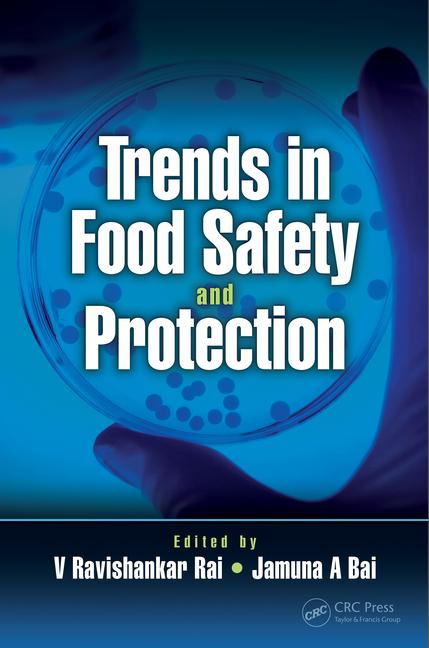Food Standards Agency Survey Explores How Consumers Perceive Food-Related Risks

The Food Standards Agency recently released the results of a survey of 1,194 participants, originally surveyed during March 2017. The intent of the survey was to measure consumer risk perception as to 17 different food risks, including norovirus, Listeria monocytogenes, Escherichia coli, Campylobacter and other pathogens.
The survey found that there is a low awareness of Campylobacter, even though its one of the main causes of food poisoning in the U.K; there are approximately 280,000 cases of it per year.
Respondents considered as part of the survey were asked to rate the knowledge and concern that they felt towards seventeen different food risks. The rating scale was between 0 and 10. For the "knowledge" variable, a rating of 0 indicated "I don’t know anything at all about this," while a rating of 10 indicated "I know a lot about this."
For the "concern" variable, a rating of 0 indicated "I am not at all concerned," and a rating of 10 indicated "I am extremely concerned."
Respondents were also asked about whether they, a member of their household, or another family member had an allergy or food intolerance. The reasoning for this was to enable comparative analysis of whether there were differences in risk perception between respondents that had experience of these conditions, and those who did not.
Respondents did feel that they were more knowledgeable about risks such as food allergens and intolerance. Salmonella scored highly on both knowledge and concern, with respondents giving an average rating of 5.7. For other food risks, the average score was below 5.0. Respondents claimed that their knowledge of Salmonella was higher than their knowledge of generic food poisoning, surprisingly, and chemicals in food scored higher for both knowledge and concern, versus for specific channels.
The survey concluded that although generally consumers tend to be more knowledgeable about food allergens and intolerances, Campylobacter is a notable case where there is relatively low awareness. It also showed that respondents were more concerned about food risks that occur naturally, and that they perceived generic food poisoning and norovirus as risks that would have a short-term impact.
Read the full survey results here.
Source: Food Safety News
Looking for a reprint of this article?
From high-res PDFs to custom plaques, order your copy today!








